Walking the walk: Why properly sustainable interiors set an example to us all
Sustainability isn't just recycling yoghurt pots and newspapers, it's also going to be a vital cornerstone of the interiors world, and some designers and businesses are already leading the way.

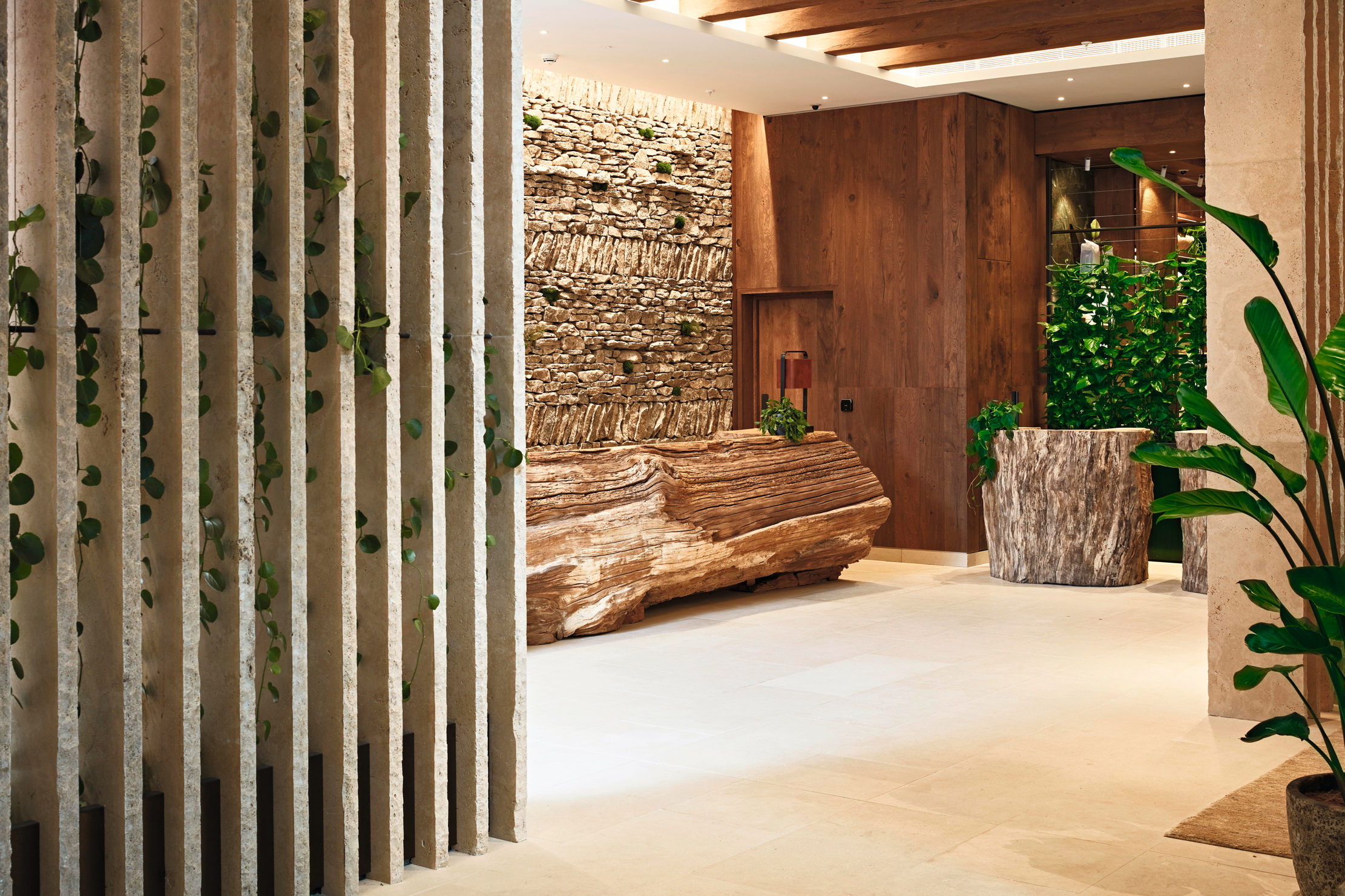
Throwaway culture isn’t the preserve of the high street. At more elevated levels, the value of the resources squandered are simply more eye-watering, not least in the world of super-prime property where kitchens and bathrooms are often changed with the arrival of every new owner. It’s not only consigning cabinetry and appliances to the skip that’s the problem: the impact on the environment is pretty crushing, not least the reliance on a textile industry reputed to be second only to the oil industry when it comes to greenhouse gas emissions.
Designers, suppliers and their clients are waking up to the fact there needs to be a focus on sustainability. A measure of the growing interest is that sustainability has been the subject of a increasing number of events at autumn and spring exhibitions staged by the Design Centre, Chelsea Harbour, London SW10.
In March, I chaired an event on B-Corp, the movement that seeks to transform the global economy to benefit all people, communities and the planet. The panel discussion filled the Simpsons London showroom, where panellists, including the interior designer and sustainable-paint specialist Edward Bulmer, discussed exacting criteria that have to be met. The conversation demonstrated that sustainability is a consuming area that touches on almost every aspect of the way a business operates, from sourcing materials to the welfare of its staff, with plenty more in between.
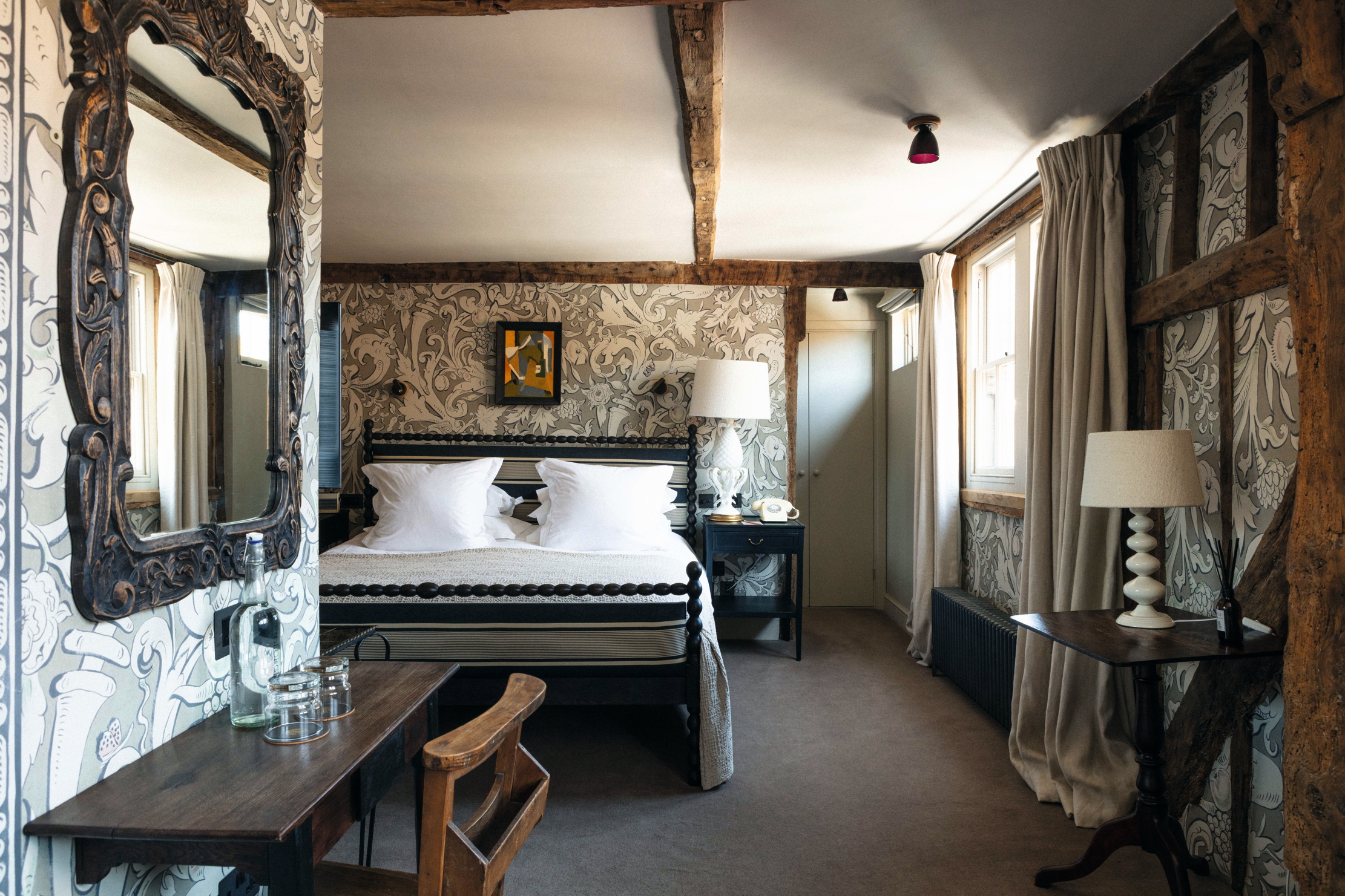
Some companies that have achieved commendably high standards are understandably wary of shouting too loudly about their credentials, not least because it’s often a strategy of those who ‘protest too much’. Yet, it’s a pity if they don’t wear their sustainability on their sleeve, as businesses also have an opportunity to lead by example.
Some, such as the London design studio Retrouvius founded 30 years ago, were early adopters, but a new wave of highly visible destinations, such as Thyme in the Cotswolds and the new 1 Hotel Mayfair, have woven sustainability into the warp and weft of their businesses. In the reception of the latter, guests are met with a desk made from a fallen tree sourced from the Balcombe estate in West Sussex and a wall faced with a reclaimed dry stone from Yorkshire that flags the hotel’s approach as one that is committed to repurposing and low impact. It presents sustainability as vital and also pretty desirable. As advocates for a new way of living, these businesses are both eloquent and highly convincing.
Giles Kime is Country Life's Interiors Editor
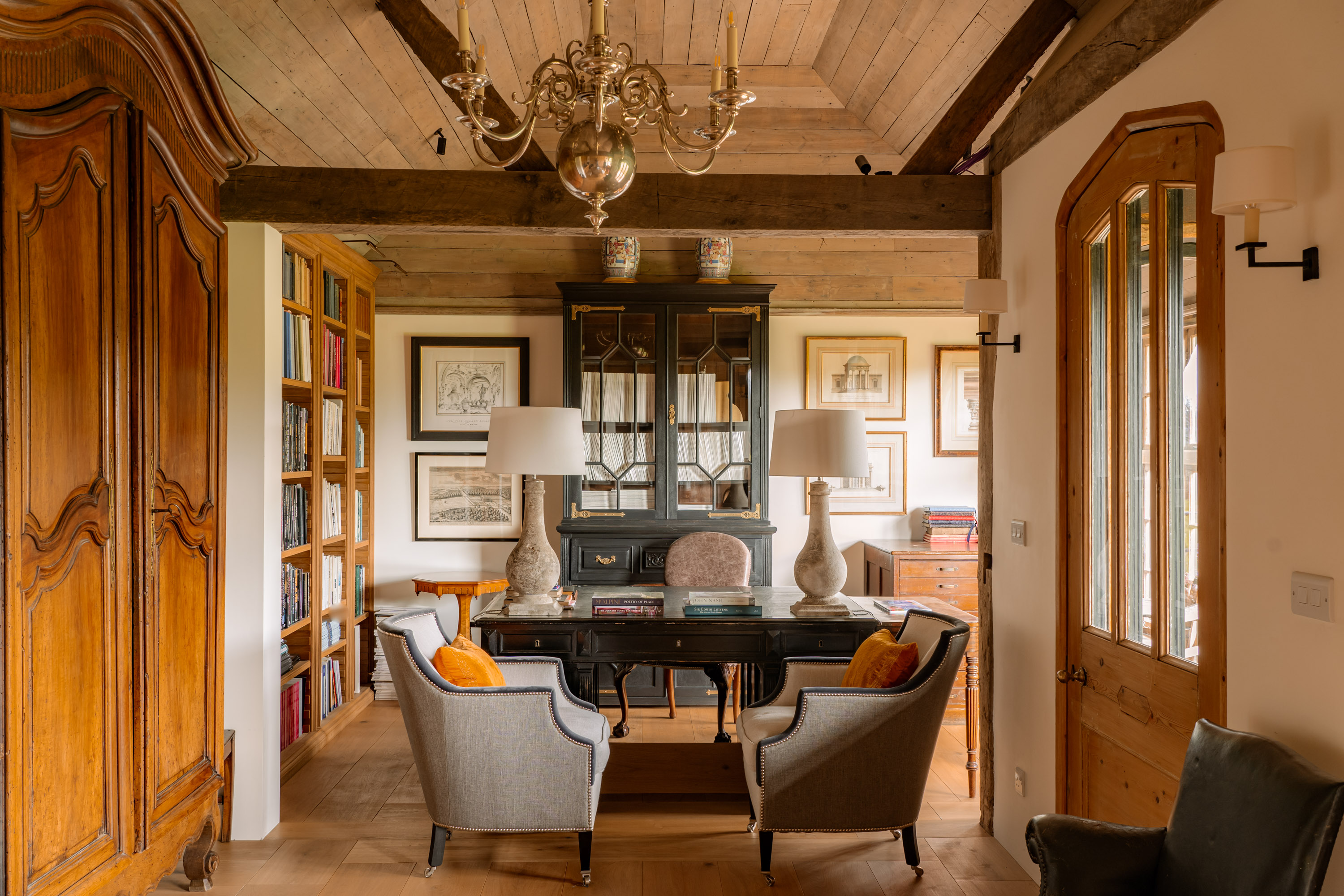
From shed to 'shoffice': How a rustic lambing barn became a spectacular rural workspace
A humble lambing shed has been transformed into a tranquil home office using both antiques and pieces repurposed from past
Exquisite houses, the beauty of Nature, and how to get the most from your life, straight to your inbox.
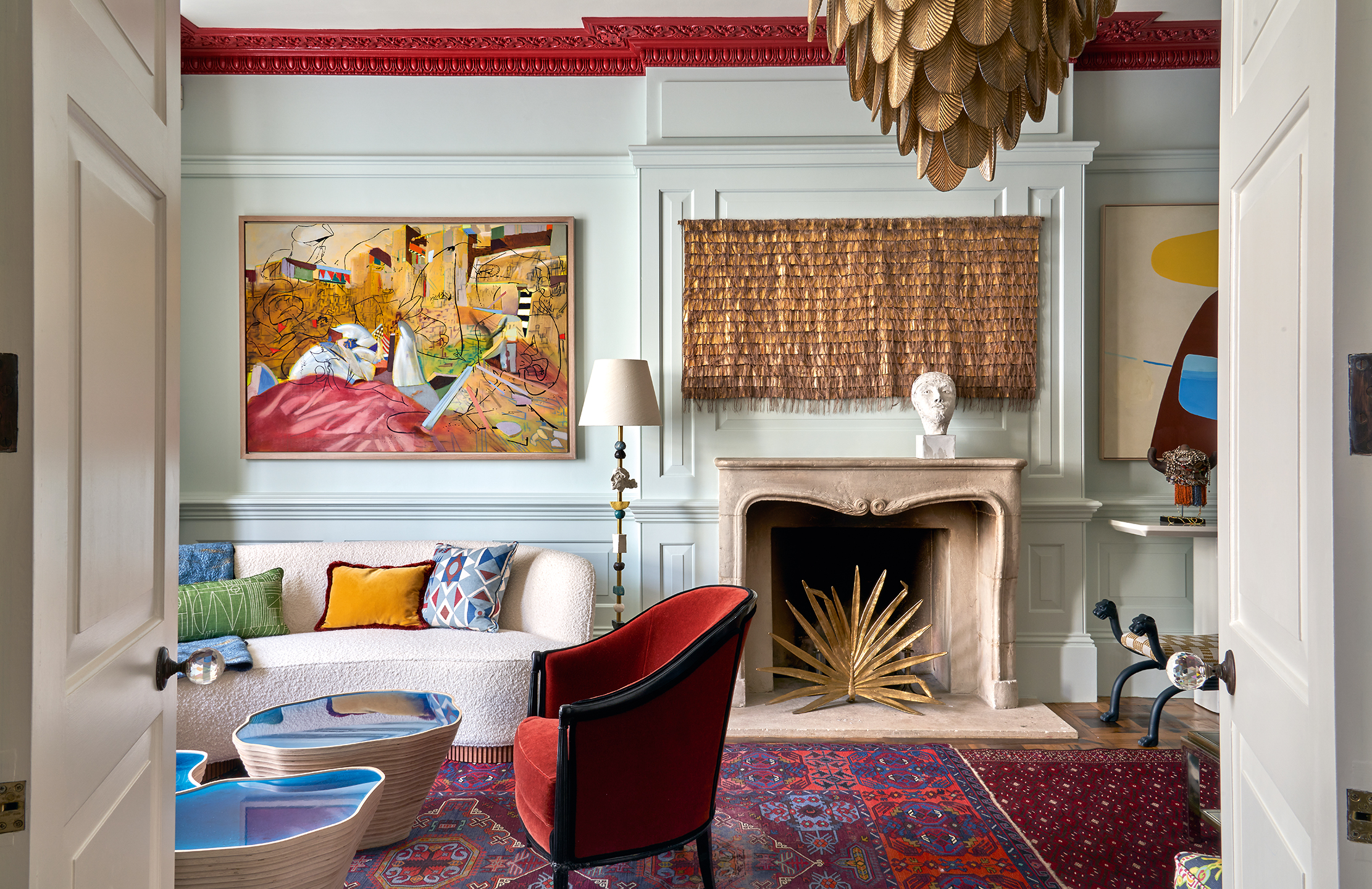
Credit: Simon Brown for Studio Vero
A townhouse drawing room as warm and sunny as the personality of its owner
Bright colours, together with contemporary art and furniture, were key to injecting warmth into the drawing room of this west

Credit: John Finney Photography via Getty
10 ways to save the planet, according to Country Life
There are many practical ways in which we–individuals, groups and Government–can make a difference to our planet, both locally and
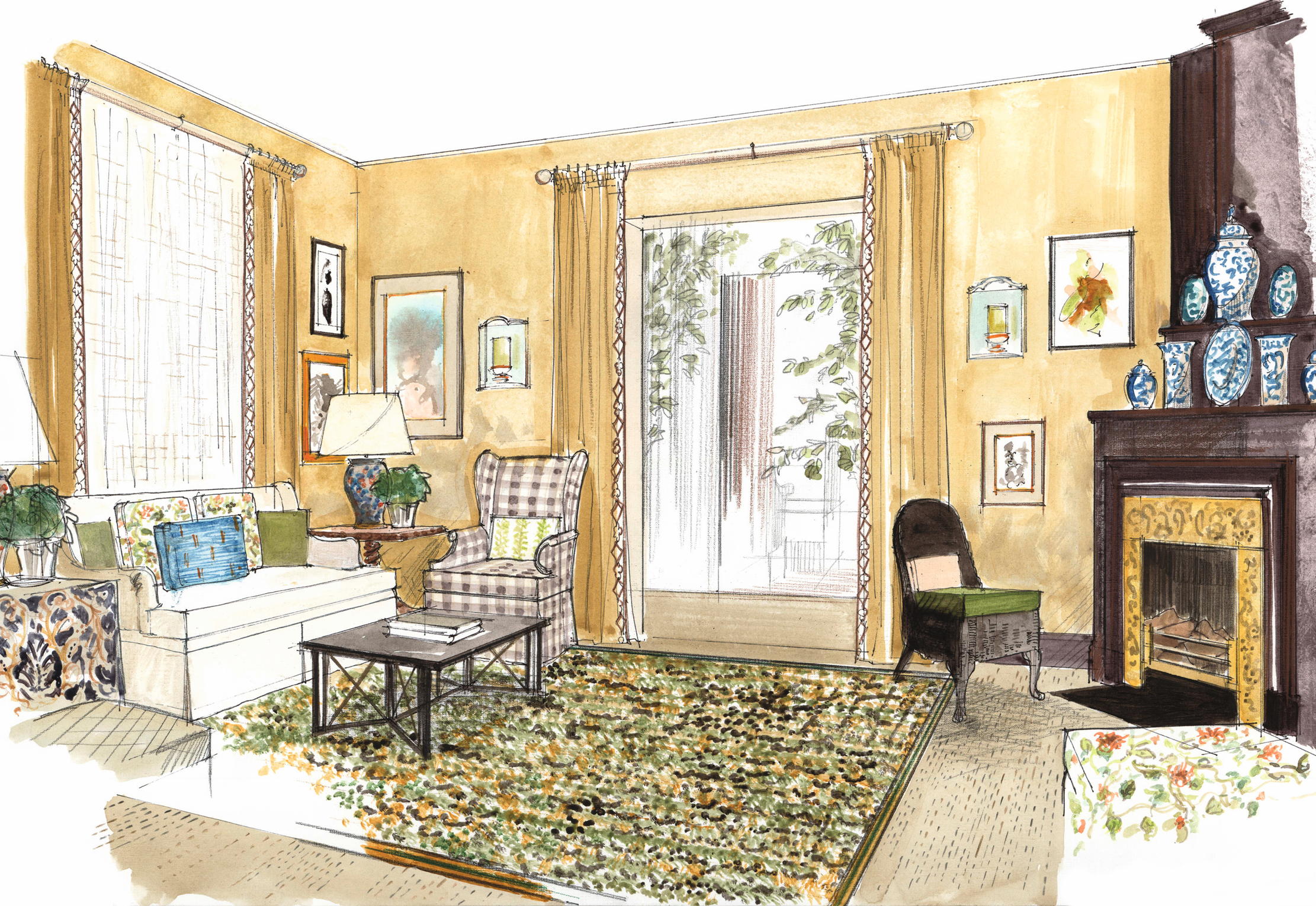
WOW!house 2024: Six of the brightest ideas you'll see at the interiors event
Prepare to be dazzled: six designers currently dreaming up rooms for this year’s WOW!house share their plans with Amelia Thorpe.
